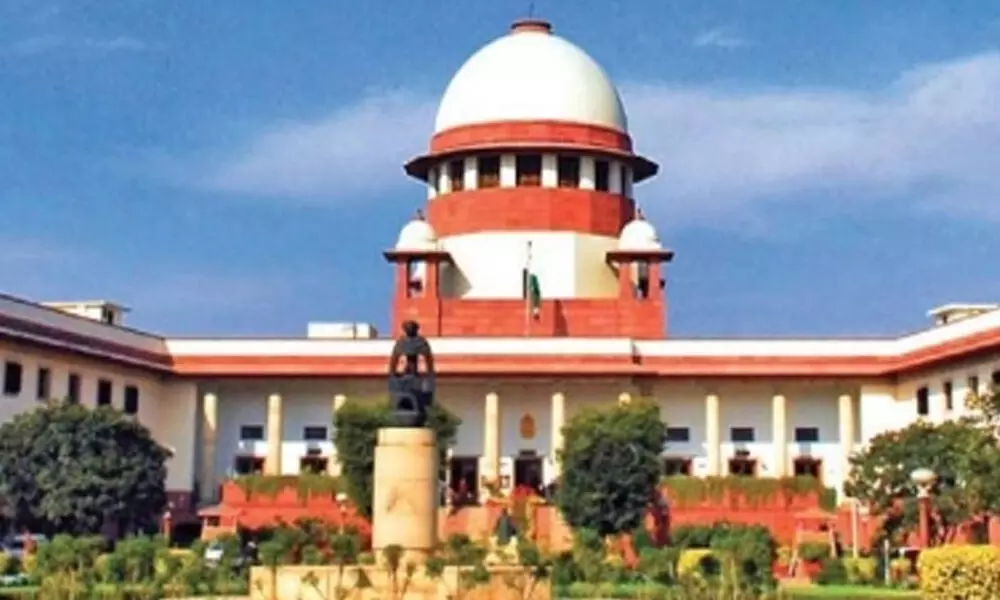Plant closure: SC declines Vedanta's plea for early hearing of appeal
The Supreme Court on Friday declined to entertain a plea by Vedanta seeking early hearing on its appeal filed against the Madras High Court order, which declined to allow the reopening of its Tuticorin plant.
image for illustrative purpose

New Delhi, Jan 22 The Supreme Court on Friday declined to entertain a plea by Vedanta seeking early hearing on its appeal filed against the Madras High Court order, which declined to allow the reopening of its Tuticorin plant.
As the Tamil Nadu government had filed a special leave petition in the top court for expunging certain remarks in the Madras High Court order, a bench headed by Justice R. F. Nariman and comprising Justices Navin Sinha and K. M. Joseph admitted it and tagged it with the main matter.
In the meanwhile, during the hearing, counsel appearing for Vedanta requested the top court for an early hearing on its appeal against the Madras High Court order but the bench declined to entertain this plea.
The mining major had moved the top court in August against the High Court order declining to allow the reopening of the Tuticorin plant as it had upheld the orders of Tamil Nadu Pollution Control Board (TNPCB) which directed the closure of the plant in May 2018.
On December 2, the Supreme Court had declined to entertain an interim plea by Vedanta Ltd seeking permission to inspect and operate Sterlite Copper unit at Tuticorin for four weeks to assess the pollution level.
Senior advocate A.M. Singhvi, appearing for the company, had submitted that Vedanta is producing 36 per cent of the copper demand of the country and it is a case of mala fide closure of the plant. Vedanta sought handing over of the plant for three months, where two months would be needed to start the unit, and in order to find out whether the plant is polluting, the company should be allowed to run it for four weeks.
The Tami Nadu government objected to these submissions and submitted before the top court that the plant has been polluting consistently. But, Singhvi contended the court should allow the company to run the plant, which would help in ascertain whether the plant is polluting beyond the acceptable limit.
Senior advocate Colin Gonsalves, representing some villagers in the vicinity of the plant, had submitted the unit should not be allowed to operate, as it is contaminating the water and people are suffering from diseases like cancer.
After a detailed hearing in the matter, the bench said: "Having heard Abhishek Manu Singhvi, C.S. Vaidyanathan, K.V. Viswanathan and Colin Gonsalves, all senior advocates, for some time, we are of the view that the relief(s) in this IA cannot be granted. Accordingly, this IA is dismissed."
However, the top court said the main matter, the appeal against the High Court order, can come up for hearing after physical hearing resumes in the top court.

